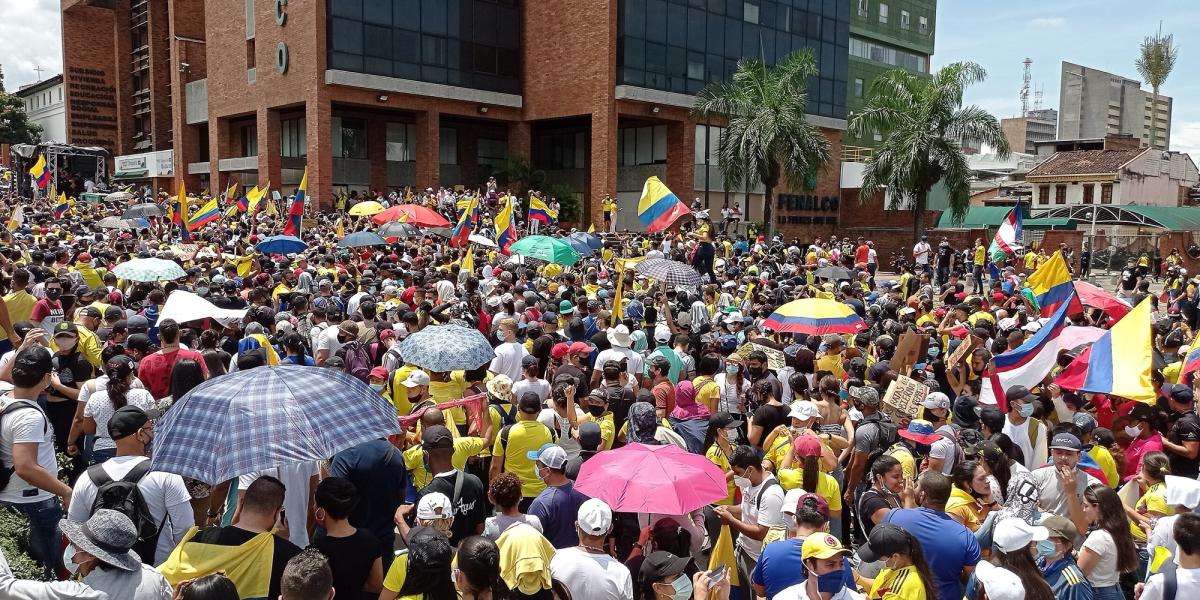Breadcrumb

In April 2021, Colombian President Ivan Duque’s administration put forward an urgently needed tax-reform package known as the ‘Sustainable Solidarity Bill’. Aiming to raise state revenues, the bill also targeted key areas of weakness in the taxation system: its complexity, inefficiency, and low redistribution. The bill was widely hailed by tax experts as being fair and technically sound.
However, before it could be debated in Congress, the bill triggered widespread protests and public criticism, drawing on a general mood of disenchantment with government. Opponents saw the bill as targeting Colombia’s middle class, which was already struggling in light of the pandemic. Of particular concern was the bill’s proposed reform of the country’s VAT regime, notably the removal of VAT exclusions and exemptions from many goods and services, including some in the ‘basic family basket’. While poorer Colombians would receive compensation for their VAT payments, middle-class households would not.
The government had to withdraw the bill, and the finance minister resigned. The case study picks up the story in May 2021, when the responsibility of redrafting the taxation reform fell on José Manuel Restrepo, Colombia’s new finance minister. How could he meet the bill’s revenue and fairness objectives whilst placating the middle-class?
- Learn key concepts of direct and indirect taxation;
- Design an optimal commodity-tax policy given specific contextual constraints;
- Balance technical and political requirements for a policy change during social unrest;
- Build support for unpopular yet necessary policy changes through strong communication strategies and stakeholder engagement.
